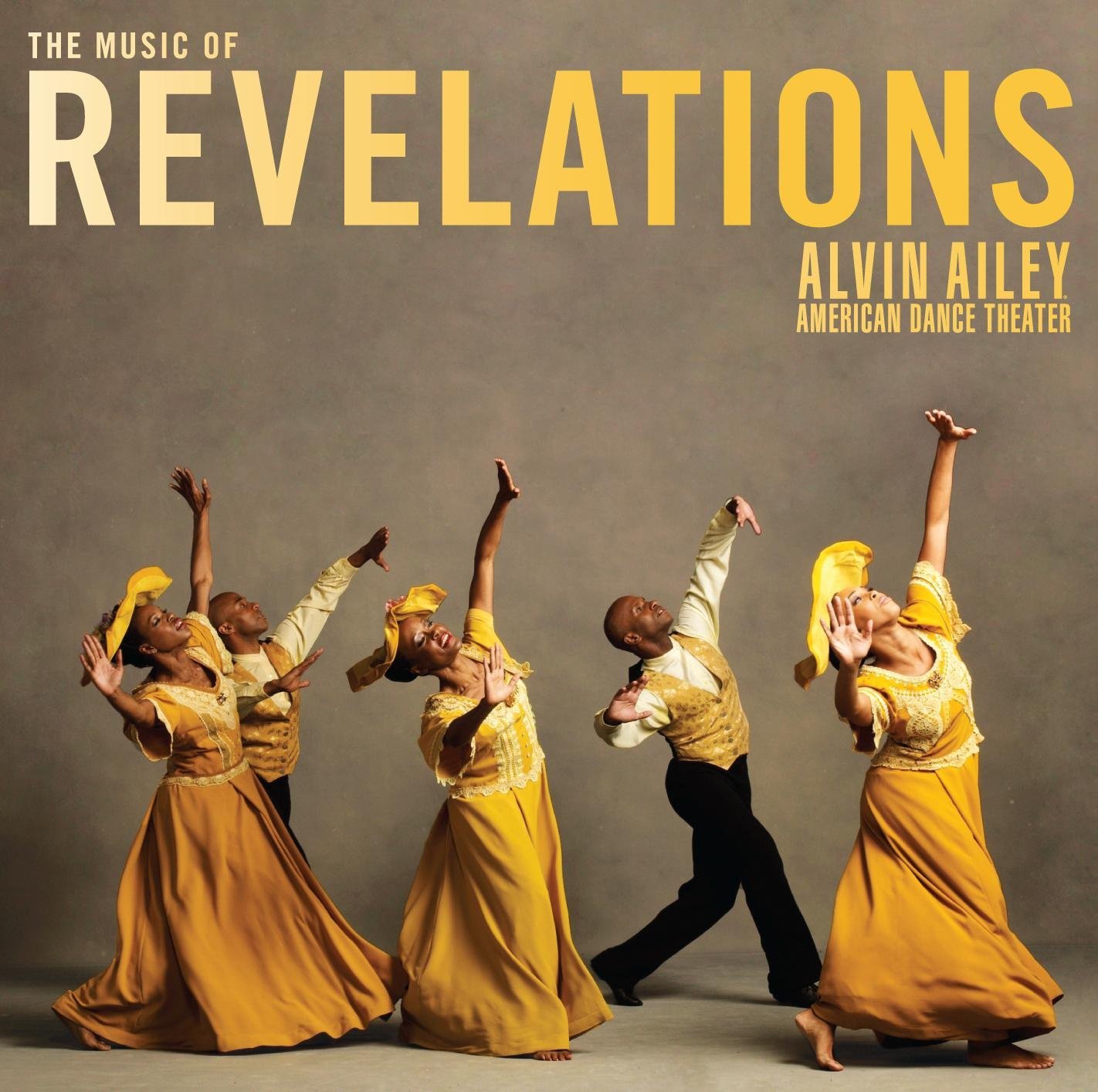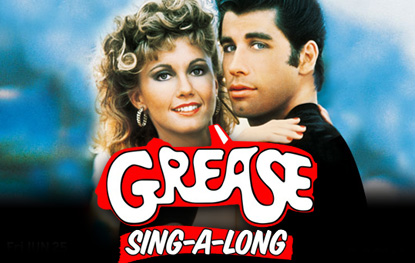
by Lidia Paulinska | Nov 7, 2015
As part of a valuable cultural service, Fathom Events presented Oscar Wilde’s classic comedy of manners,The Importance of Being Earnest at selected theaters in the U.S. for a one-night-only screening November 3, 2015. The performance was a filmed live production on October 8th, 2015 at London’s Vaudeville Theatre in commemoration of the play’s 120th anniversary.
As an iconic “comedy of manners” and one of the funniest plays in the English language, “Earnest” exaggerates the absurd superficiality of upper-class Victorian society, emphasizing the “importance of being earnest,” with “earnestness” having the connotation of intense conviction, dependability, and unflappable honesty. Being earnest was an integral part of the moral code of honor nominally practiced by upper-class Victorians. However, in practice, Wilde reminds us, “In matters of grave importance, style, not sincerity is the vital thing.”
The primary comic conceit in Wilde’s play deals with his clever use of the word earnest used both as an adjective in the afore mentioned sense, and Ernest as a noun…capitalized, minus the “a”, and being a proper man’s name. The confusion and interchangeability of the names between the two main characters, Algernon and Jack, the latter professing to be “…Ernest in town and Jack in the country,” forms the core of the play’s driving force of satire and duplicity, and an irony based on the characters’ violation of the very essence of being earnest through their abiding dishonesty. Jack is certainly not earnest when he pretends to be Earnest in the city but “Jack” in the country and the wit continues unabated throughout this Victorian romp.
Deftly directed by Adrian Noble (Amadeus, The King’s Speech) with a pitch-perfect cast featuring the incomparable David Suchet (Agatha Christie’s Poirot), as the irrepressible, irascible Lady Bracknell, The Importance of Being Earnests is rollicking high farce and wit at it’s very finest. Algernon is in love with Cecily, Jack is smitten by Gwendolyn, and both are forced to adopt the names “Ernest” because the objects of their affections cannot tolerate a man with any name other than “Ernest.”
Ironically of course, they forego the moral code of honesty associated with earnestness in order to satisfy their romantic interests. However, all is resolved in the end and the two couples are joined to live happily ever after.
In the final scene of the play, Lady Bracknell comments to Jack, “My nephew, you seem to display signs of triviality,” to which Jack replies as he and Gwendolyn happily exit stage left arm-in-arm, “On the contrary, Aunt Augusta, I’ve now realized for the first time in my life the vital Importance of Being Earnest.”
Curtain.
Review by Lidia Paulinska and Hugh McMahon

by Lidia Paulinska | Oct 23, 2015
“Revelations,” Alvin Ailey American Dance Theatre’s great masterpiece of modern American dance, was presented last evening along with three other spirited works for a one-night-only screening at selected cinema’s throughout the country, compliments of Fathom Events and Lincoln Center at the Movies: Great American Dance Series.
Alvin Ailey (1931-1989) founded AAADT in 1958 in New York City and it rightfully enjoys the distinction of being the first predominantly African-American modern dance company in the world. Ailey once remarked that he believed America’s richest treasures are to be found in our African-American cultural heritage … “sometimes sorrowful, sometimes jubilant, but always hopeful,” and indeed nowhere else in the vast panoply of the American dance tradition is that assessment more profoundly expressed than in his magnificent “Revelations,” Ailey’s 1960 paean to the rich spiritual tradition of the African-American experience in the gospel South.
“Revelations” is at once ritualistically soulful and rhythmically complex, incorporating as it’s musical motive force an array of deeply moving and spirited African-American gospel music and holy sermon blues reflecting the Black experience in America.
Ailey once described “Revelations” as a visceral recollection of a childhood in rural Texas during the Great Depression. It is a dance of deep human compassion, moving by turns from mournful oppression and sin (“Baked and I Been Beaten”) to redemption (“Fix Me Jesus”) and finally to ecstatic jubilation (“I Wanna Be Ready”), fostering a sense of reverent and rapturous community and inviting the audience to join in the redemptive celebration at evening’s end. And it is perhaps this vital sense of community, the immediacy of the connection Ailey creates between performer and audience,that has contributed to the enduring success of this masterpiece for fifty-five years … and running.
Complimenting this thematic content, one will find in the very make-up of the ensemble a communal structure. For example, what will not be found in Ailey’s troupe of highly trained performers is a prima ballerina or her male counterpart, a premier danseur, “star” principal dancers like those found in classical ballet companies such as the New York City Ballet or the Bolshoi, whose traditions and techniques date back to the 17th Century royal courts of Europe.
Another distinguishing feature of AAADT and modern dance in general which dramatically sets it apart from the classical tradition is not only a more “democratic” sense of ensemble, but also it’s musical sources (by contrast, the ballet typically utilizes works by such composers as Bach,Tchaikovsky, and others). Most obviously however is Ailey’s basic movement techniques and patterns, emphasizing linear line, horizontal “grounded” movement, and intertwining body images as opposed to the two dominant values found in classical ballet: jumps and leaps or so-called ballon, creating the illusion of the dancers momentarily floating in the air, and the tradition of performing with “turned out” hips and legs with the full weight of the body concentrated on the tips of fully extended feet, creating an unmistakable vertical line.
The Alvin Ailey American Dance Theatre’s iconic “Revelations” has been best described by The New York Times as being one of the great works of the human spirit.” It stands resolutely for what is good about America and humanity in general, and for this reason alone it’s immortality is assured.
Review by Lidia Paulinska and Hugh McMahon

by Lidia Paulinska | Aug 28, 2015
Fathom Events and Turner Classic Movies brought back to the big screen the most successful movie musical of all time- the story of the 1950’s – Grease. Ted Mankiewicz, host of the television program TCM, in his introduction to the Grease Sing-A-Long that went with the movie event, invited the audience to experience again the story of teenage sweethearts played by John Travolta and Olivia Newton-John. For those who ask for “Tell me more” and recognized the many hits songs in the movie, the fun in this out in public with a large group event, was the collective singing along in the theater. Grease boasted a world-famous soundtrack including “Greased Lightning’” “Look At Me, I’m Sandra Dee,” “Summer Nights,” “Hopelessly Devoted To You,” “Beauty School Drop Out” most of which the audience had a good memory for the lyrics to sing along.
But Grease is not a concert film based on hit songs, it is also a love story and is filled with the dancing modernized but paying respect to the classic musicals of the Black & White film era. The film was an introduction to the world of singing and dancing for a new generation. As John Travolta explained in one of his interviews many years after the film was made, there was natural formula that actors in the 1950s that included singing and dancing. That is why he was able to quickly transition and continue to integrate acting, dancing and singing in his roles, in some memorable scenes as the batman dance with Uma Turner in Pulp Fiction.
It is interesting that Olivia Newton-John was an accomplished teenage singer prior to the film and that she first resisted to take a role in the movie. As she is an exceptionable singer who has her own show in Las Vegas, and until those days of filming the movie Grease, she was not that good of the dancer. The director who wanted her to play character of Sandy made things work. In the scene of vibrant, dynamic dance during the graduation event Sandy broke up with John for a moment and her side replaced some other female dancer.
Grease is fun to watch as the movie is like a glimpse of culture, fashion, hair style of 50s along with the singing-a-long with the stars. It was a full audience participation and group event, and experience that you cannot obtain on VOD at home or on a mobile device – somethings are meant for the collective energy of a group to enjoy, and a fun, light music filled film is one of them.
The Grease Sing-A-Long Deluxe Edition will be available on Digital HD later this summer, invite some friends over and try to recreate the theater experience on a small scale.


